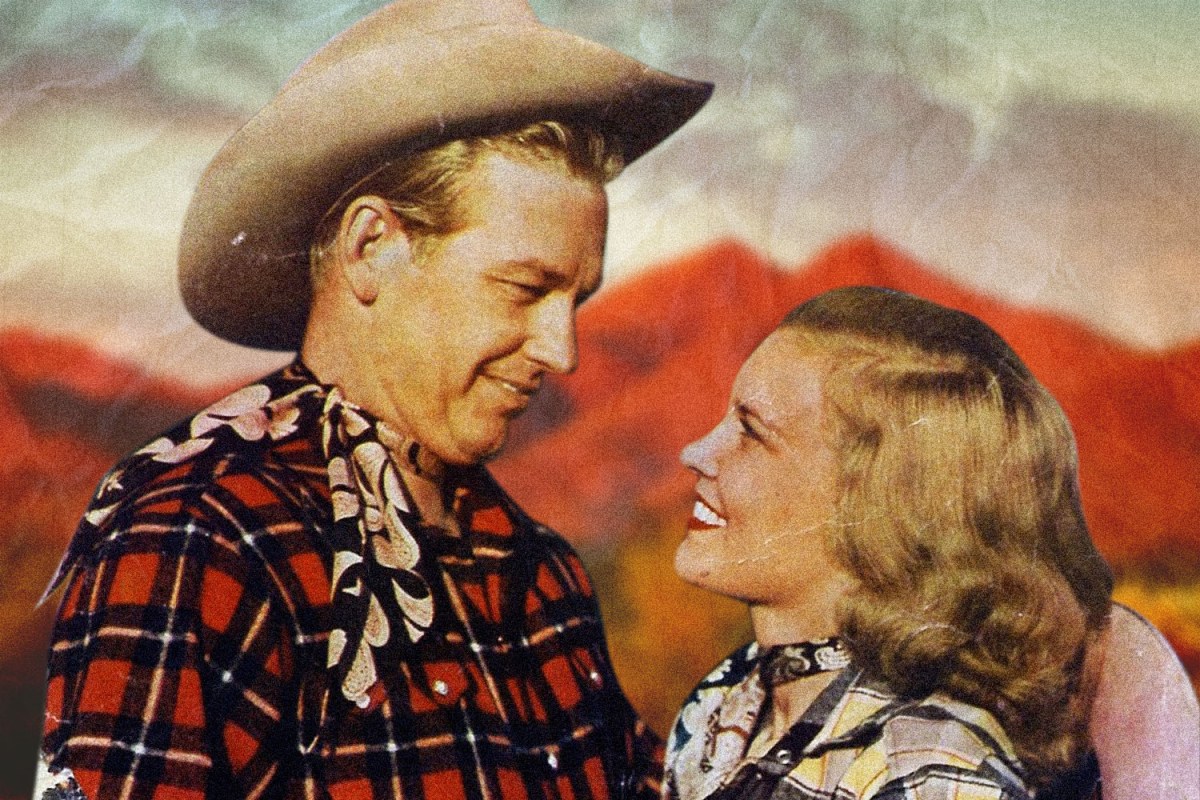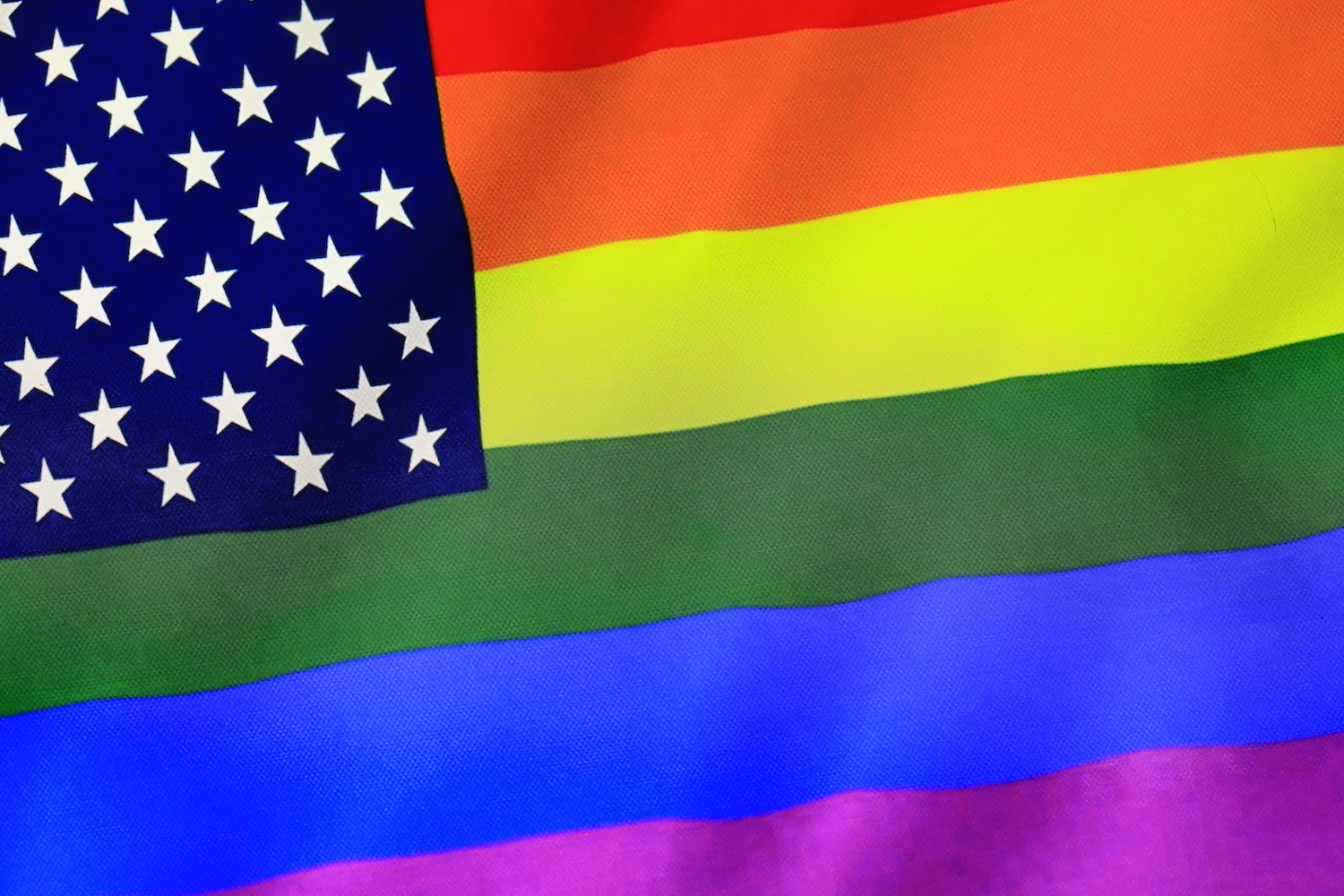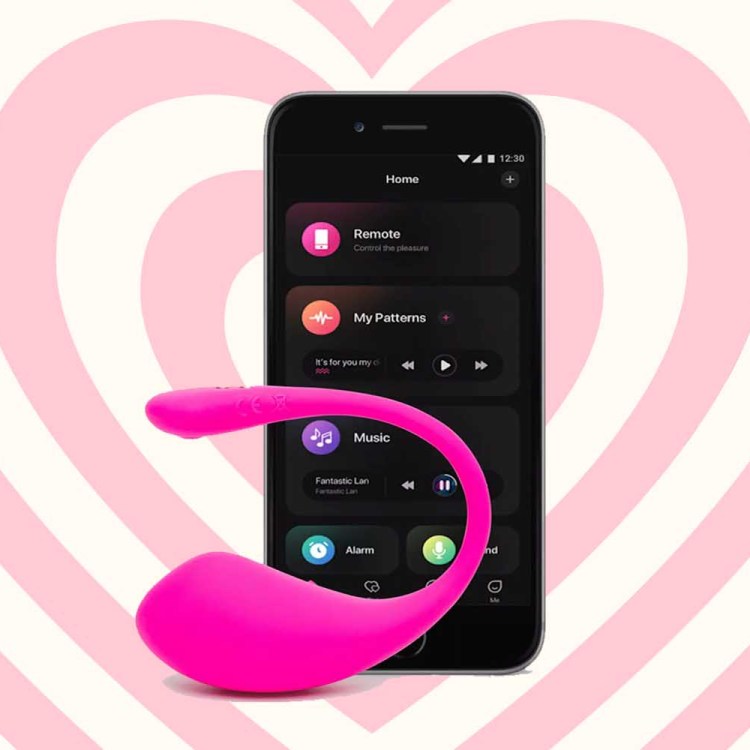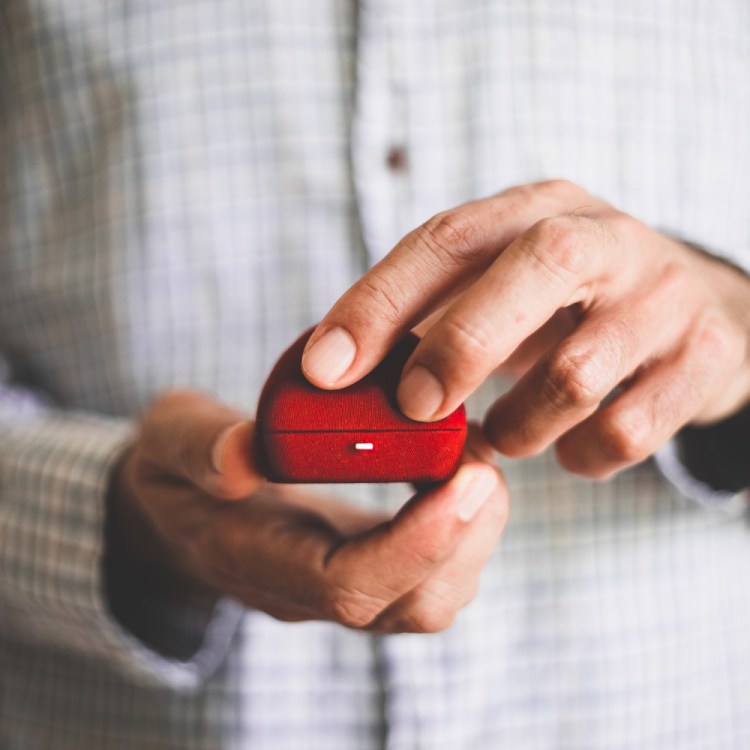If you are an adult in a romantic and/or sexual relationship with a fellow adult, referring to that adult as your “boyfriend” or “girlfriend” can feel a bit infantile. It’s a term often associated with high school romance, one that conjures up memories of backseat makeouts, post-prom sex and other cringeworthy rites of adolescence.
The solution, and also a John Mulaney joke, is to simply get married, at which point one gains access to more sophisticated terms for their beloved, like “husband” and “wife.” This was a reasonable enough plan back in the ’50s, when high school couples went straight from the backseat to the altar almost immediately after graduation. But as members of younger generations increasingly delay marriage or forego it altogether, many are left using the same words by which we once referred to our high school prom dates to describe the person with whom we share a mortgage, a dog and maybe even a child or two.
This is one reason many couples may choose to use the word “partner” over “boyfriend” and “girlfriend.” But growing use of the gender-neutral term — which has historically been used in LGBTQ relationships — among cis-het couples has been a topic of some debate on Twitter, where, to be fair, most things are a topic of some debate.
While some argue that use of “partner” to refer to people in cis-het relationships appropriates LGBTQ language and culture, others contend that normalization of gender-neutral language outside the LGBTQ community helps to de-stigmatize non-hetero relationships as “other,” as well as to popularize language that reflects a cultural acceptance of a non-binary conception of gender.
So, what’s a socially conscious, straight, cis person dating another straight, cis person to do?
According to Robin Beatch, international sex educator, sex and relationships coach and host of the radio show “Sex with Robin,” you’re probably fine to use “partner.”
“I can appreciate and understand why some people might have concerns about cultural appropriation, and I’m pleased that it is a consideration at all,” Beatch tells InsideHook. “I’m Queer, and of course I don’t speak for all Queer folks, [but] I don’t see a problem with anyone using the term ‘partner’ to refer to a loved one.” According to Beatch, it’s simply “a word that implies a choice to be with someone,” which can come in handy for a wide variety of people, regardless of sex or sexuality. “For example, my mother told me she doesn’t want to use the word ‘boyfriend,’ because to her it sounds like someone she’s ‘necking in the backseat of a car with.’”
Use of the term among cis-het couples can also create opportunities for LGBTQ folks to engage in conversations about their own relationships more easily and comfortably, “As an advocate for everyone using gender-neutral terms in all areas of life, I appreciate the shift away from gendered descriptions of significant others,” says Casey Tanner, a certified sex therapist and expert for LELO specializing in queer sex and gender-affirming language. “The more straight and cis folks incorporate this kind of language in a personal way, to describe someone they care about, the more this language will become integrated into their interactions with others.” This integration, adds Tanner, creates space for LGBTQ individuals to speak openly about their relationships.
“Integrating gender neutral language into our vernacular changes the questions we ask, and by extension the answers we receive,” says Tanner. “For example, rather than asking a woman, ‘Do you have a boyfriend?’ we begin to ask, ‘Do you have a partner?’ If that woman happens to be queer, the use of gender neutral terminology actually gives her space to provide an authentic answer, opening the door to connection and relationship.”
Meanwhile, as LGBTQ educator and coach Dr. Sophia Graham notes, normalized use of the term “partner” can also help protect the privacy of folks who may not want (or safely be able) to discuss their LGBTQ identity. “When I had just come out, I routinely used gender neutral terms to describe my partner who was a woman,” says Graham. “If this is reserved only for LGBT people, then it becomes less gender neutral and more a term used by folks whose relationships are somehow ‘othered.’”
That said, “I understand and validate members of the LGBTQ+ community who are having a negative reaction to this shift in language, and who view it as appropriative,” says Tanner. “For a long time, using the word ‘partner’ was not a choice in the LGBTQ+ community; it was necessary in order to avoid rejection, stigmatization and at times physical harm. It’s understandably angering that straight cis folks now get to opt in and out of using that language, a choice that once again highlights straight cis privilege.”
Use of the term “partner” was popularized within the LGBTQ community amid the 1980s AIDS crisis, an association with a particularly dark time in LGBTQ history that renders the term a charged and meaningful one for many in the community. During this time, says Tanner, “‘Partner’ was used, instead of ‘boyfriend,’ to signal the depth and longevity of gay relationships, at a time when gay folks were literally being excluded and banned from their partners’ hospital bed and funerals.”
Of course, as Graham notes, non-LGBTQ use of the word isn’t exactly new. “’Partner’ is a word that has been used by cis-het people for the person they were romantically involved with for centuries,” she tells InsideHook, adding it that it is “reasonably easy to find presumably cis-het people describing someone as their partner” in literature dating back to the 19th century. While the term gained popularity among gay and trans men and their allies in the 1980s, “The fact that LGBTQ people popularized this term doesn’t mean it only belongs to us,” says Graham.
Moreover, restricting use of “partner” among cis-het people could also inadvertently affect bisexual individuals in hetero relationships, or other LGBTQ-identifying folks in hetero-presenting ones. “While bisexual people make up the largest part of the LGBTQ community, we are often invisible and/or mistaken for monosexuals of whatever variety our current relationships would suggest,” says Graham. “Many bisexual people are in opposite-sex relationships, but this doesn’t make them any less queer. I would be disappointed to see a linguistic shift that made it harder for these folks to describe their same-gender and other-gender relationships in similar ways.”
Beatch agrees that the term can be particularly validating for queer and trans folks in hetero-presenting relationships. “It’s a nice way to create and hold the bridge between heteronormative and LGBTQ+ communities,” she says, adding that the word “partner” is also useful in other contexts which may not necessarily involve LGBTQ individuals, but still fall outside the boundaries of traditional hetero-monogamy, such as in polyamorous and consensually non-monogamous (CNM) communities.
In short, even if you’re just a regular old straight, cis person in a monogamous relationship with another straight, cis person, you’re probably not committing any particularly grievous faux pas by referring to your partner as such.
“I haven’t heard anyone within my Queer, Trans, or CNM communities suggest that using the word ‘partner’ was appropriative,” says Beatch. “Everyone I talked to stated they didn’t feel it was an issue. One friend even suggested that the term was ‘a gift’ from our communities to give a more open and inclusive word to anyone that feels it may be right for them.”
“My experience is [that] most LGBTQ [individuals] feel that this is an appropriate term to be used by anyone,” says Graham, though she notes that this may not be a universal view.
Essentially, you’re probably fine to use it, but it never hurts to pause for a little reflection. “My encouragement to straight, cis folks is to use the term ‘partner,’ but to educate themselves on the nuances of the history of that word within the LGBTQ+ community,” says Tanner. “Do not take the privilege of being able to opt in and out of that word lightly. And if you claim to use the word partner because it is in line with your values of deconstructing the binary and lifting up LGBTQ+ folks, be sure that those values are reflected in other areas of your life — not just in using the term ‘partner.’”
Whether you’re looking to get into shape, or just get out of a funk, The Charge has got you covered. Sign up for our new wellness newsletter today.


























